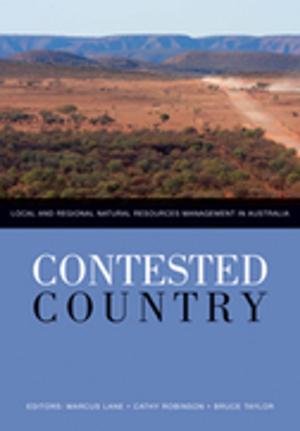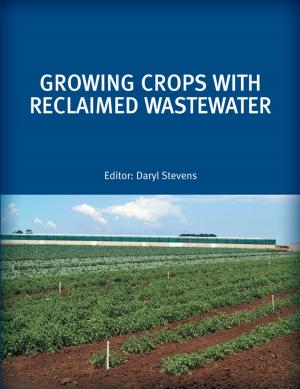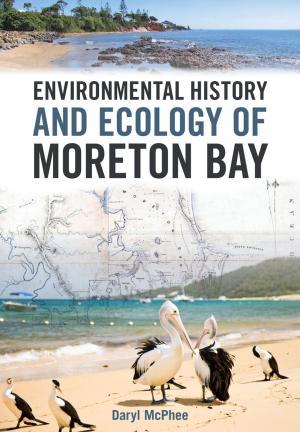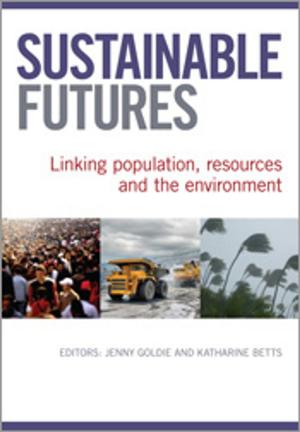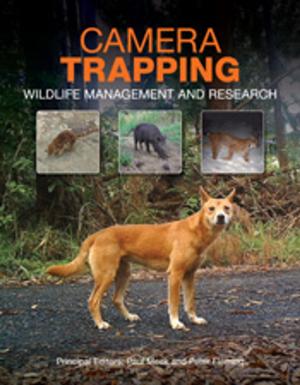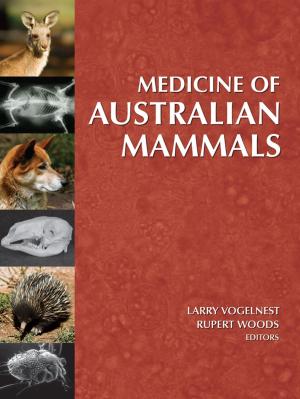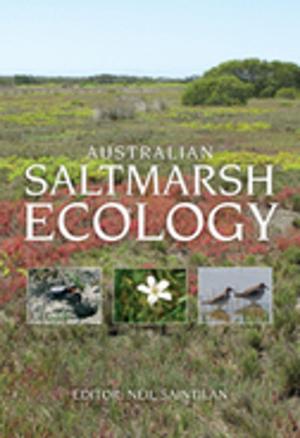Biodiversity: Integrating Conservation and Production
Case Studies from Australian Farms, Forests and Fisheries
Nonfiction, Science & Nature, Science, Biological Sciences, Environmental Science, Technology, Nature| Author: | ISBN: | 9780643098664 | |
| Publisher: | CSIRO PUBLISHING | Publication: | September 8, 2008 |
| Imprint: | CSIRO PUBLISHING | Language: | English |
| Author: | |
| ISBN: | 9780643098664 |
| Publisher: | CSIRO PUBLISHING |
| Publication: | September 8, 2008 |
| Imprint: | CSIRO PUBLISHING |
| Language: | English |
Australia’s experience in community-based environmental repair is unique in the world, with no shortage of analysis by bureaucrats, academics and environmentalists. This collection of 17 case studies gives a view from ground level. It includes heroic accounts of families who changed their way of farming and their relationship to the land so significantly they found they could stop hand-feeding stock during a drought and see the bush coming back. It describes the experience with ‘bush tenders’, which were oversubscribed, as farmers competed with each other for stewardship payments to manage their grazing lands for endangered ground-nesting birds as well as beef and wool. And it tells of a group of wheat growers who plant patches of grassland for beneficial insects that save them tens of thousands of dollars a year in pesticide bills. The case studies arose from a meeting of 250 farmers, foresters and fishers from all Australian states, who met in Launceston as guests of the community group Tamar Natural Resource Management to reflect on the question: ‘Is it possible to be good environmental managers and prosper in our businesses?’ As well as tales of environmental hope, there are also messages about the limits of duty of care, the need to share the costs of achieving society’s expectations, and the possibility of learning from unlikely places. Biodiversity: Integrating Conservation and Production includes the seven ‘Tamar Principles’, distilled by the delegates from the meeting for those on the front line.
Australia’s experience in community-based environmental repair is unique in the world, with no shortage of analysis by bureaucrats, academics and environmentalists. This collection of 17 case studies gives a view from ground level. It includes heroic accounts of families who changed their way of farming and their relationship to the land so significantly they found they could stop hand-feeding stock during a drought and see the bush coming back. It describes the experience with ‘bush tenders’, which were oversubscribed, as farmers competed with each other for stewardship payments to manage their grazing lands for endangered ground-nesting birds as well as beef and wool. And it tells of a group of wheat growers who plant patches of grassland for beneficial insects that save them tens of thousands of dollars a year in pesticide bills. The case studies arose from a meeting of 250 farmers, foresters and fishers from all Australian states, who met in Launceston as guests of the community group Tamar Natural Resource Management to reflect on the question: ‘Is it possible to be good environmental managers and prosper in our businesses?’ As well as tales of environmental hope, there are also messages about the limits of duty of care, the need to share the costs of achieving society’s expectations, and the possibility of learning from unlikely places. Biodiversity: Integrating Conservation and Production includes the seven ‘Tamar Principles’, distilled by the delegates from the meeting for those on the front line.

